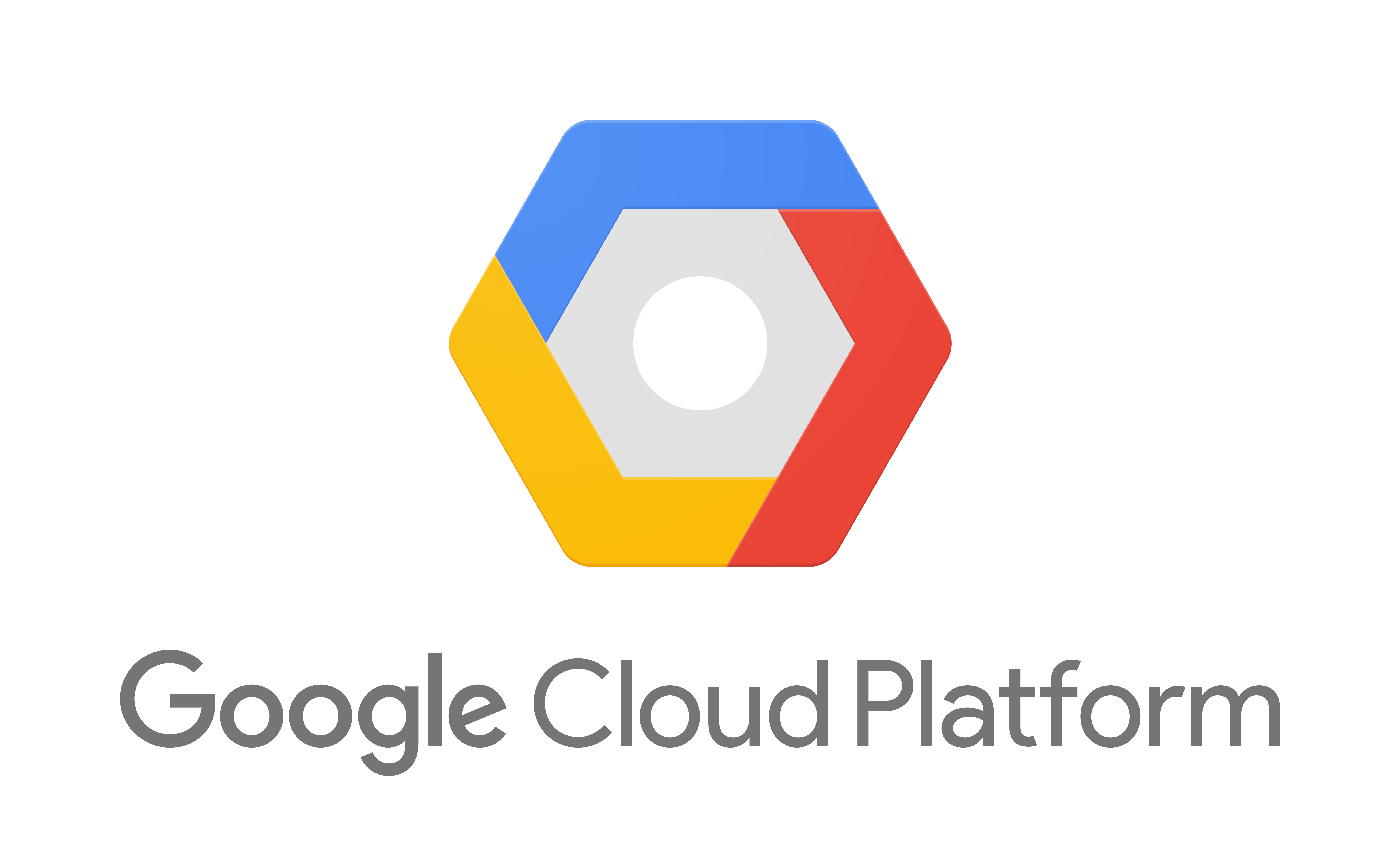Stackdriver (Stats and Tracing)

Introduction
Stackdriver Trace is a distributed tracing system that collects latency data from your applications and displays it in the Google Cloud Platform Console.
You can track how requests propagate through your application and receive detailed near real-time performance insights. Stackdriver Trace automatically analyzes all of your application’s traces to generate in-depth latency reports to surface performance degradations, and can capture traces from all of your VMs, containers, or Google App Engine projects.
Stackdriver Monitoring provides visibility into the performance, uptime, and overall health of cloud-powered applications. Stackdriver collects metrics, events, and metadata from Google Cloud Platform, Amazon Web Services, hosted uptime probes, application instrumentation, and a variety of common application components including Cassandra, Nginx, Apache Web Server, Elasticsearch, and many others.
Stackdriver ingests that data and generates insights via dashboards, charts, and alerts. Stackdriver alerting helps you collaborate by integrating with Slack, PagerDuty, HipChat, Campfire, and more.
OpenCensus Go has support for this exporter available through package contrib.go.opencensus.io/exporter/stackdriver
For assistance setting up Stackdriver, Click here for a guided codelab.
Creating the exporter
To create the exporter, we’ll need to:
- Have a GCP Project ID
- Create an exporter in code
import "contrib.go.opencensus.io/exporter/stackdriver"
// Then create the actual exporter
sd, err := stackdriver.NewExporter(stackdriver.Options{
ProjectID: "demo-project-id",
})
if err != nil {
log.Fatalf("Failed to create the Stackdriver exporter: %v", err)
}Stackdriver’s minimum stats reporting period must be >= 10 seconds. Find out why at this official Stackdriver advisory.
package main
import (
"log"
"time"
"contrib.go.opencensus.io/exporter/stackdriver"
"go.opencensus.io/stats/view"
)
func main() {
sd, err := stackdriver.NewExporter(stackdriver.Options{
ProjectID: "demo-project-id",
// MetricPrefix helps uniquely identify your metrics.
MetricPrefix: "demo-prefix",
// ReportingInterval sets the frequency of reporting metrics
// to stackdriver backend.
ReportingInterval: 60 * time.Second,
})
if err != nil {
log.Fatalf("Failed to create the Stackdriver exporter: %v", err)
}
// It is imperative to invoke flush before your main function exits
defer sd.Flush()
// Start the metrics exporter
sd.StartMetricsExporter()
defer sd.StopMetricsExporter()
}package main
import (
"log"
"contrib.go.opencensus.io/exporter/stackdriver"
"go.opencensus.io/trace"
)
func main() {
sd, err := stackdriver.NewExporter(stackdriver.Options{
ProjectID: "demo-project-id",
// MetricPrefix helps uniquely identify your metrics.
MetricPrefix: "demo-prefix",
// ReportingInterval sets the frequency of reporting metrics
// to stackdriver backend.
ReportingInterval: 60 * time.Second,
})
if err != nil {
log.Fatalf("Failed to create the Stackdriver exporter: %v", err)
}
// It is imperative to invoke flush before your main function exits
defer sd.Flush()
// Register it as a trace exporter
trace.RegisterExporter(sd)
}package main
import (
"log"
"time"
"contrib.go.opencensus.io/exporter/stackdriver"
"go.opencensus.io/stats/view"
"go.opencensus.io/trace"
)
func main() {
sd, err := stackdriver.NewExporter(stackdriver.Options{
ProjectID: "demo-project-id",
// MetricPrefix helps uniquely identify your metrics.
MetricPrefix: "demo-prefix",
// ReportingInterval sets the frequency of reporting metrics
// to stackdriver backend.
ReportingInterval: 60 * time.Second,
})
if err != nil {
log.Fatalf("Failed to create the Stackdriver exporter: %v", err)
}
// It is imperative to invoke flush before your main function exits
defer sd.Flush()
// Start the metrics exporter
sd.StartMetricsExporter()
defer sd.StopMetricsExporter()
// Register it as a trace exporter
trace.RegisterExporter(sd)
}Viewing your metrics
Please visit https://console.cloud.google.com/monitoring
Viewing your traces
Please visit https://console.cloud.google.com/traces/traces
